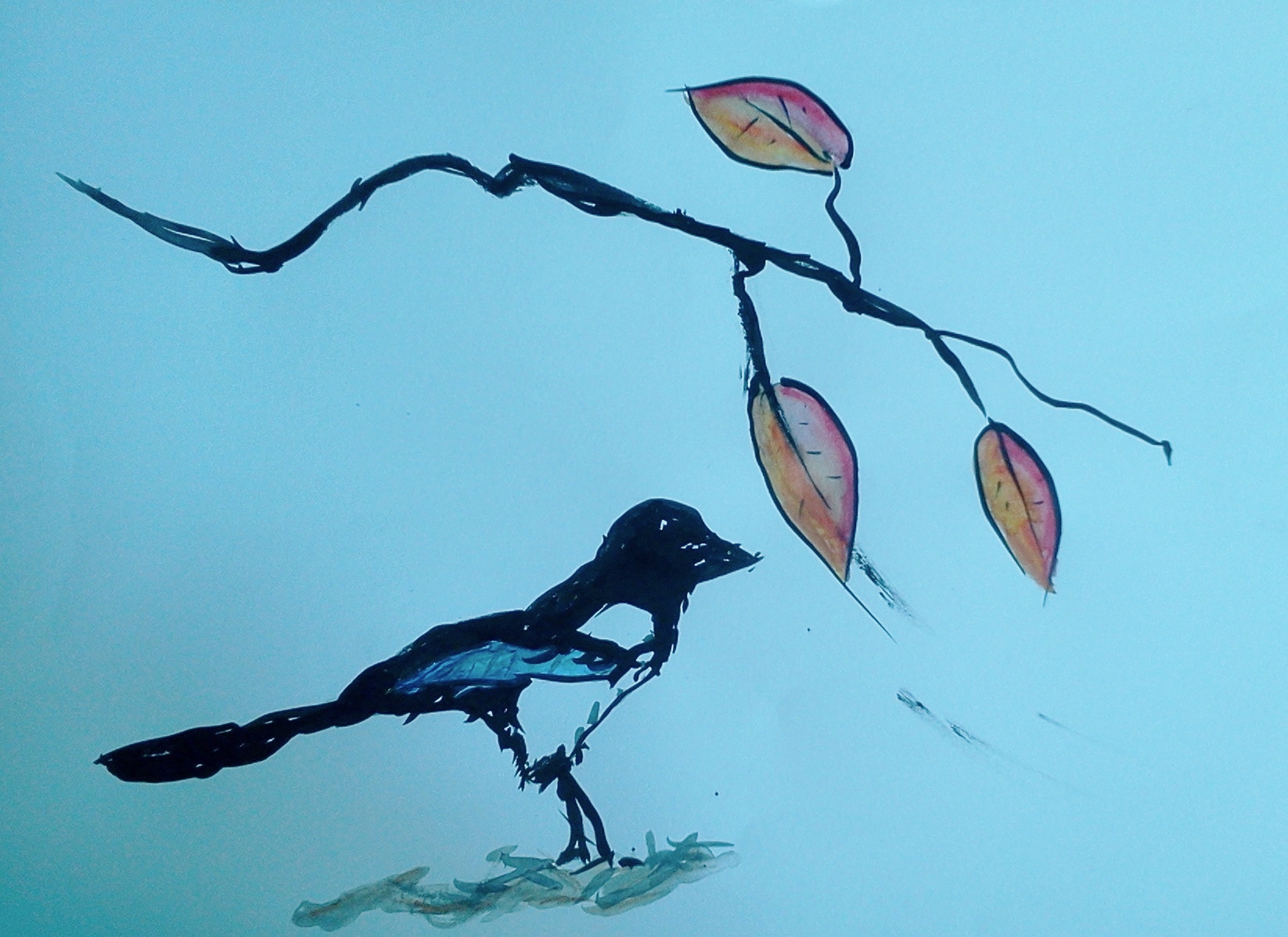I’m not sure what the difference is between an aphorism and an idiom – I have a book of aphorisms and a book of idioms, but a lot of what they have is the same.
I found this four-character idiom in my book of idioms.
同苦同樂
동고동락
dong.go.dong.rak
together-bitter-together-enjoy
This might be equivalent to something like the English aphorism, “Stick together through thick and thin.” My intuition is that this idiom would be used in the same context as discussions of 정 [jeong] (which I’ve discussed in detail before on this blog).
There was another interesting thing that made me laugh about this idiom: when you paste it into googletranslate, and accept its intention to translate from Chinese, it tells you that the English meaning is “Fun with pain.” This is accurate, but the English has an agential ambiguity that the Chinese lacks, I think – is it pain mixed with fun, or are we having fun with pain? If the latter, that’s more of a motto for a BDSM club than an aphorism for the thick and thin of life.
Apropos, I was thinking about jeong the other day when things got so bad at work. I wanted to turn to Curt and say verbatim what he had said to me those years ago: “you have no jeong.” I resisted that urge. But I definitely was thinking, in that moment, that his actions had been weirdly “jeongless” (I say “weirdly” since, presumeably, as a Korean, he has lots of jeong). I wonder just how one might accuse another of jeonglessness, idiomatically, in Korean. It’s a commonly-enough expressed sentiment, I think. Just a few weeks ago, I had a student complaining to me about the Japanese (I have many students who complain to me about the Japanese – they’re merely echoing the discourses that appear in the Korean media, of course), and she said, “they have no jeong.”
Notes for Korean (finding meaning)
- 바로 = (adv.) directly, just, straight, promptly, only, precisely…
![]() [daily log: walking back to work after the short holiday, 6km]
[daily log: walking back to work after the short holiday, 6km]


